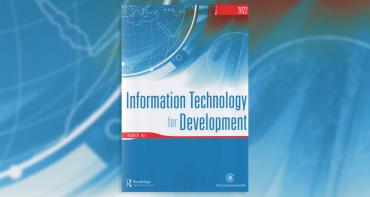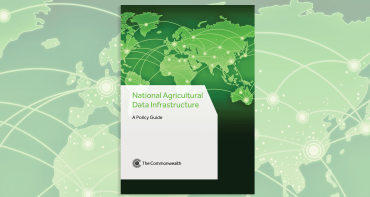Creating a more participatory approach to tax co-operation tops the agenda of this year’s meeting of Commonwealth finance ministers.

Creating a more participatory approach to tax co-operation tops the agenda of this year’s meeting of Commonwealth finance ministers. Delegates will discuss the need for developing countries to be more active in global negotiations to prevent international tax avoidance and illegal tax evasion.
The meeting will take place on 7 October in Lima ahead of the International Monetary Fund and World Bank annual meetings. The Finance Minister of the Republic of South Africa, Nhlanhla Nene, will chair the meeting.
Tax evasion and avoidance are major sources of lost revenue for governments, particularly in the developing world. One of the ways that companies avoid tax is to shift their profit to low- or no-tax jurisdictions, leaving the country where the profit is generated out of pocket. Initiatives to prevent this practice are being driven by advanced countries with limited involvement of developing countries, which could leave them financially disadvantaged.
The Secretary-General of the Organisation for Economic Co-operation and Development (OECD), Ángel Gurría, will deliver the keynote address.
Commenting on the focus of the meeting, Commonwealth Secretary-General Kamalesh Sharma said: “This year’s Commonwealth Finance Ministers Meeting will pave the way for an important political discussion on global tax reform. Tax avoidance and evasion are global problems affecting all countries and therefore require global solutions to be developed in an inclusive manner. This is key to ensure solutions are implementable and politically supported.
“This is particularly timely given the welcome emphasis on domestic resource mobilisation in realising the recently agreed Sustainable Development Goals. Moreover, as a Commonwealth we have long called for and fully support innovative financing to accelerate development.”
Ministers will also consider new sources of financing for infrastructure projects in the global South. They include sovereign wealth funds, the recently-launched New Development Bank (formerly known as the BRICS Bank) and developing country pension funds.
Senior finance officials and central bank governors from the Commonwealth are meeting on 6 October. The senior officials will look at maximising the potential of remittances, a significant source of external finance for many developing countries. In addition, they will consider the policy implications of falling energy prices.
Central bank governors will address the impact of tighter measures to prevent money laundering and terrorism financing on remittance flows. They will explore the possibility of using virtual or digital currencies such as Bitcoin as cost-effective alternatives to traditional money transfer channels.
A final statement summarising the outcomes of discussions will be issued at the end of the Ministerial Meeting.



